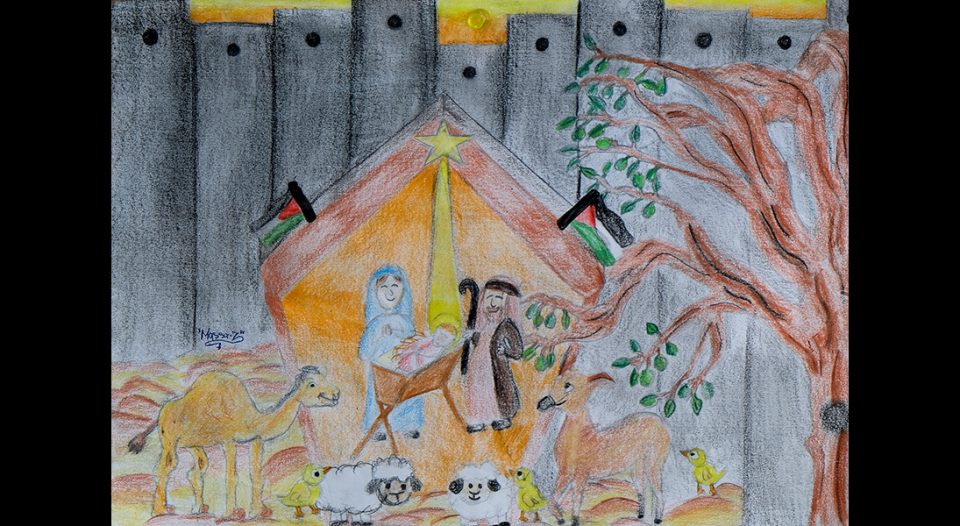At 15 and 13 years old, my children still wait and expect the gifts they requested for Christmas. With each passing year, they are almost sure they’ll get what they ask for, partly because we negotiate it before Christmas arrives. My husband and I decide what is a reasonable gift request on our salary and they sometimes, with the guarantee of Granny’s check coming in the mail, use their cash for whatever we haven’t agreed to gift.
As they’ve matured, we implemented a process that doesn’t diminish the joy of waiting for the gifts, or the joy of Christmas Day when we dress up and ride to Bethlehem to hear of the story of Jesus, the babe born for us. On Christmas, pure joy fills our day and swells our hearts. We rejoice in the hope and promise of God who will reconcile us with his only son, Jesus Christ.
But first, we wait.
This Advent, like the one before it, my children will witness Christ’s presence and, much like the political era in which he was born, they will also witness the inequalities that continue to plague Bethlehem and its neighbors in the West Bank, Jerusalem and Gaza.
We’re teaching our children that it’s Jesus’ protest we live today. And during Advent, our practice of seeking peace and justice becomes more evident.
As children of missionaries, they live and attend school in this region. They wait and wonder throughout year, asking, “Lord, when will my friends see justice? When will Jerusalem become safe for all?”
We wait, and we hope.
At times, our resolve for hope wanes. It seems as if Christ comes only during the Christmas season or for those in the Western world. In this place where Herod, the shepherds, the world and his parents awaited Jesus’ arrival, Advent gives us pause.
Our current context reminds us of the conditions in which Jesus was born—in occupation. A 25-foot-high wall enclosing Bethlehem and its people is a modern-day resemblance of the Roman-occupied Palestine when Jesus became incarnate. Jesus’ birth was a radical protest like none ever taken before, nor ever again. From humble beginnings, Jesus grew into a fierce advocate for the meek and lowly.
We’re teaching our children that it’s Jesus’ protest we live today. And during Advent, our practice of seeking peace and justice becomes more evident. We listen expectantly to the words of our companion church leaders. Their guidance and tenacious hope in things unseen is a tool to teach our children about resistance in the face of injustice. (The Cross in Contexts: Suffering and Redemption in Palestine by Mitri Raheb is a good read for families of teens.)
Join us. This Advent, we invite you to open each day by praying these hopeful words from Jeremiah, keeping God’s people in our hearts as we wait for righteousness and justice in the land: In those days and at that time I will cause a righteous Branch to spring up for David; and he shall execute justice and righteousness in the land. In those days Judah will be saved and Jerusalem will live in safety. And this is the name by which it will be called: “The Lord is our righteousness” (Jeremiah 33:15-16).
Learn more at Peace Not Walls blog or follow the ELCA’s companion church, the Evangelical Lutheran Church in Jordan and the Holy Land, on Facebook or Instagram.





